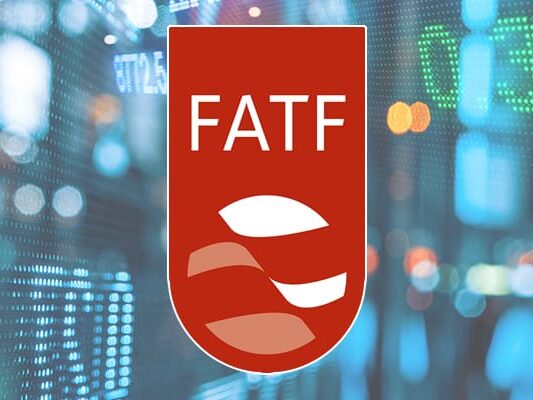Resources
Cultural Property Crime (CPC)
Discover the dark underworld of cultural property crime (CPC) and the ongoing battle to protect our global...

Cryptocurrency AML
Cryptocurrency AML, an abbreviation for Anti-Money Laundering, refers to the set of measures and practices aimed at...

Correspondent Banking Relationships
Delve into the world of correspondent banking relationships and their crucial role in facilitating cross-border transactions.

Certificate of Compliance
Understand the significance of certificate of compliance and its role in ensuring adherence to regulatory requirements.

Cash Intensive Businesses
Discover the intricacies of cash intensive businesses and the risks they face in our brief guide.

6th Anti-Money Laundering Directive (6AMLD)
Dive into our comprehensive dictionary guide on the 6th Anti-Money Laundering Directive (6AMLD). Discover the key aspects,...

Step-by-Step Guide to AML Risk Assessment
In the world of finance and business, the term 'AML Risk Assessment' is more than just a...

Risk Appetite Statement
In the complex world of Anti-Money Laundering (AML), managing risks is not a choice but a necessity....

FATF Greylist
In the global fight against financial crime, the Financial Action Task Force (FATF) plays a pivotal role....

FATF Blacklist
In the battle against financial crime, the Financial Action Task Force (FATF) plays a crucial role by...
